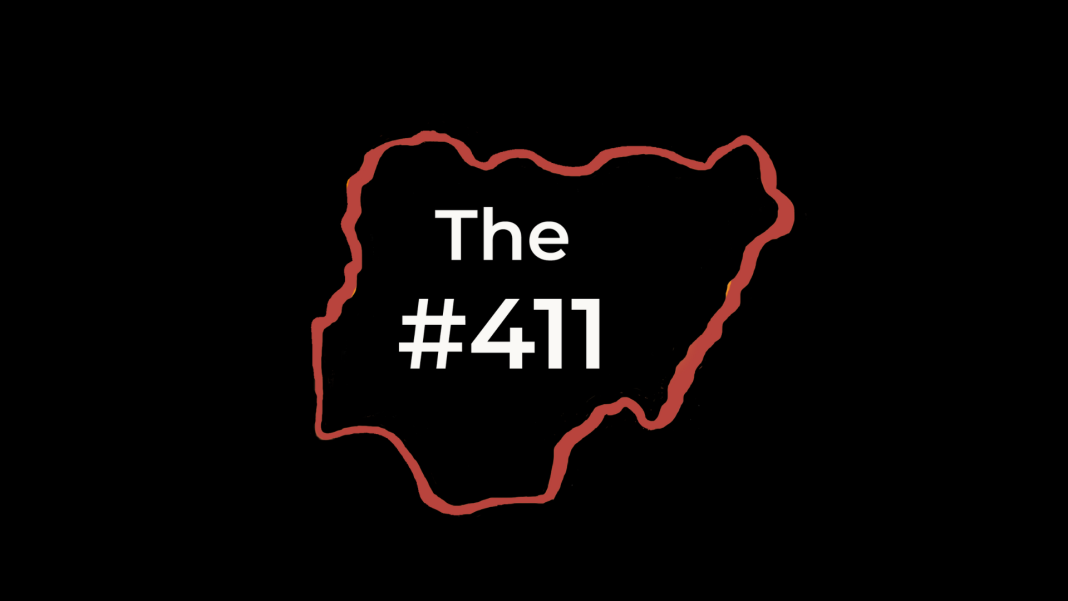Since the beginning of the planned nationwide protests on August 1, 2023, against President Bola Ahmed Tinubu’s administration and its policies, there has been a conspicuous silence from some of the president’s most notable anointed men and women, governors, ministers, special advisers, senior special assistants, heads of parastatals and elected members the All Progressives Congress (APC).
This includes members of the National Assembly—both the Senate and the House of Representatives. The absence of vocal support for the president and his policies during these critical times, and reaching out to their wards and immediate communities especially by a great number of appointed ministers, special advisers and legislators has raised eyebrows and begs the question:
Why are these key figures not stepping up to defend their leader and government publicly?
Lack of Depth, Knowledge, and Understanding of Policies
A major possible reason for the silence might be a lack of depth, knowledge, intelligence, and understanding of the policies they are expected to defend. Without a solid grasp of the intricacies and potential benefits of these policies, officials may feel ill-equipped to engage in public discourse, fearing that their attempts to defend the administration could be easily dismantled by well-informed critics.
Lack of Clear Communication and Directives
A lack of clear communication and directives from the presidency can leave officials uncertain about the official stance they should take. Without strong leadership and unified messaging from the top, ministers and lawmakers may choose to remain silent rather than risk misrepresenting the administration’s position. This can be seen as a “ship without a rudder”—adrift and directionless in turbulent waters.
Fear of Public Backlash
One of the primary reasons for this silence is the fear of public backlash. The protests have tapped into a wellspring of public dissatisfaction, and any defense of the administration could be seen as an affront to the protesters’ grievances. In a country where social media can rapidly amplify dissent, officials are wary of becoming targets of public anger. As the saying goes, “He who stands in the rain must be prepared to get wet,” and many officials seem unwilling to weather this storm.
Political Survival and Career Ambitions
Political survival and career ambitions play a significant role in the reticence of APC officials. Publicly defending President Tinubu’s controversial policies, such as fuel subsidy removal and economic reforms, could jeopardize their political futures. Elected officials, in particular, must balance their loyalty to the party with the need to remain electable in their constituencies. Their silence can be likened to the proverbial “watchful waiting”—a strategy to see which way the wind blows before making a move that could affect their long-term careers. Strange though, as the president still wields mega influence in possibility of their future political careers.
Internal Disagreements and Policy Discontent
Not all within the APC are in agreement with President Tinubu’s policies. Internal disagreements and policy discontent can lead to a lack of enthusiasm in defending the administration. For some, the silence is a form of quiet dissent, a way to distance themselves from policies they do not fully support. As the adage goes, “Silence speaks louder than words,” and in this case, the silence of some officials may be their loudest protest.
Strategic Political Calculations
Political appointees and elected officials often engage in strategic calculations regarding when and how to speak out. They may be biding their time, waiting for the right moment to express their support in a way that aligns with their political interests. This strategy can be likened to a “chess game,” where every move is carefully considered to avoid political checkmate.
Avoiding Association with Controversial Policies
Some officials may distance themselves from particularly controversial policies to avoid being associated with potential failures or negative outcomes. By staying silent, they attempt to maintain plausible deniability and protect their political brand from being tarnished by unpopular decisions. This behavior is reminiscent of the saying, “When the going gets tough, the tough get going”—except in this case, the tough seem to be going silent.
Loyalty to Constituents Over Party
Elected officials, especially, have a dual loyalty: to their party and their constituents. When these loyalties conflict, they often prioritize their constituents, who directly determine their political fate. Defending the president could alienate their base, leading to a loss of support in future elections. As the Nigerian saying goes, “A man who makes trouble for others is also making trouble for himself,” indicating that taking sides could backfire.
Public Defenders of President Tinubu
Despite the silence from many officials, there are notable exceptions. Several governors, ministers, special advisers, and assistants, elected office holders and APC Diaspora leaders, have come out publicly and vehemently supported President Tinubu and his policies. These individuals have reached out to and engaged Nigerians across the country, showing their unwavering, unrepentant, and unrelenting support for the president. Their actions demonstrate a strong commitment to the administration’s vision and a willingness to stand in the line of fire, offering a beacon of loyalty and dedication in challenging times.
More amazing, however, is the massive support from numerous staunch supporters across Nigeria, including party faithful and non-appointees, who have vigorously challenged protesters at all levels—from the grassroots to online platforms and social media—in steadfast support of the president and his policies.
Conclusion
The reluctance of some of the Presidents anointed and appointed as well as some APC officials to publicly defend President Tinubu and his policies during the current protests is a complex issue influenced by fear of backlash, career ambitions, internal disagreements, lack of understanding, lack of clear communication, strategic calculations, the desire to avoid controversy, and loyalty to constituents.
This silence, whether a calculated strategy or a reflection of deeper discontent, underscores the intricate dynamics of political behavior in Nigeria. Understanding these factors provides a window into the challenges faced by those navigating the precarious terrain of public service and political allegiance in a time of national unrest.
Henry Balogun
HB Report
The #411

